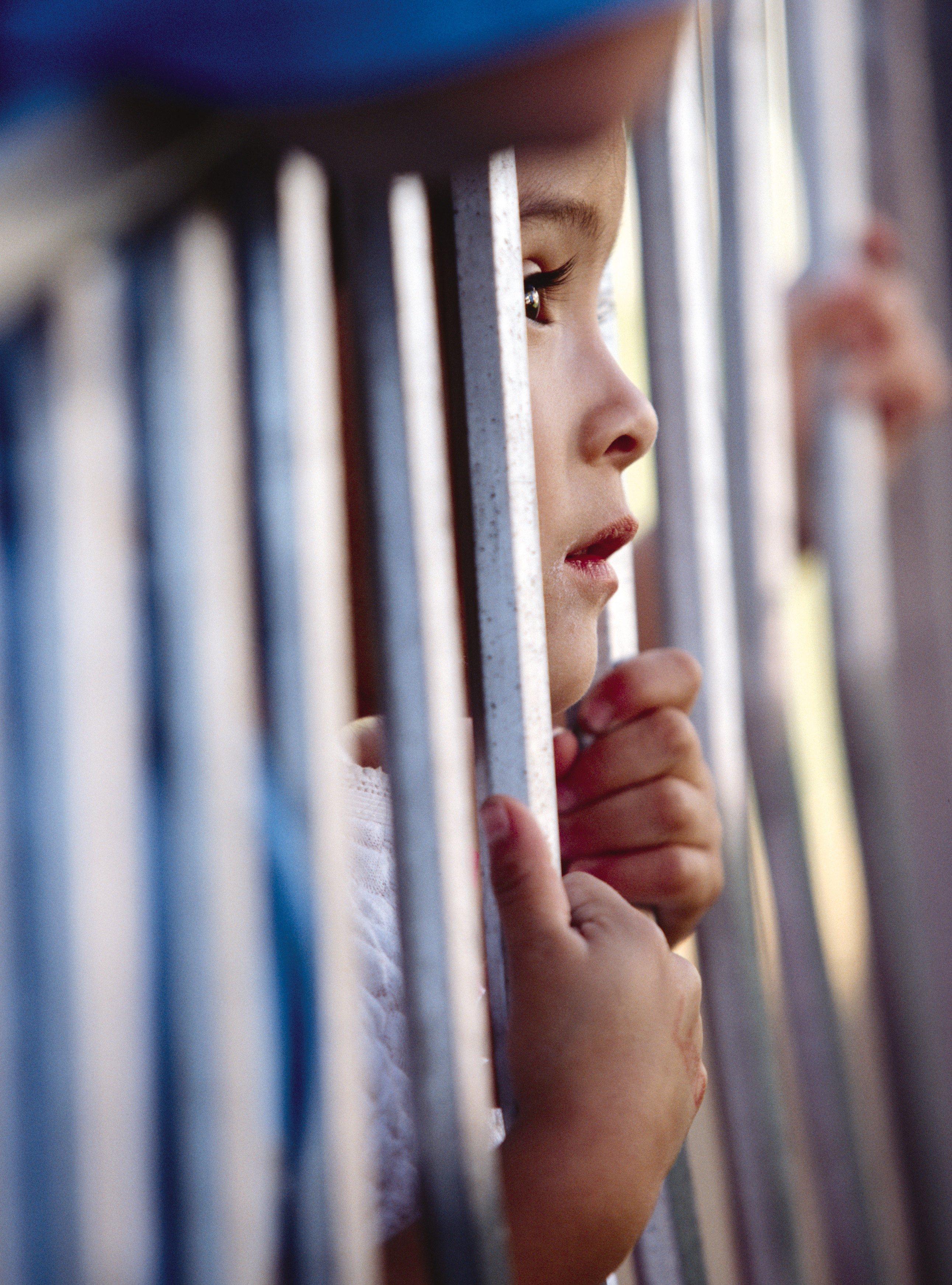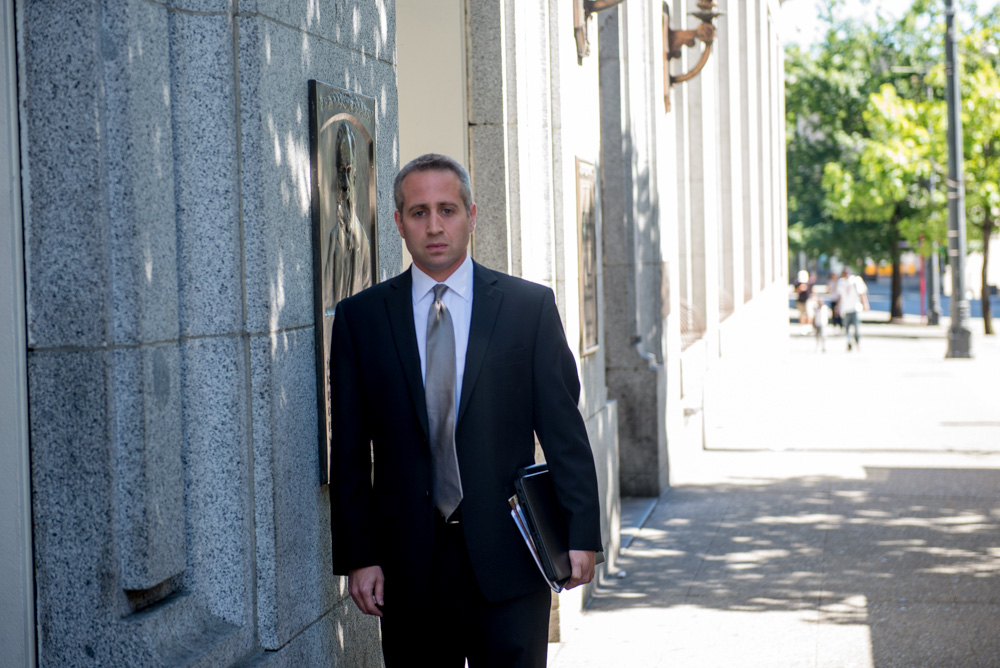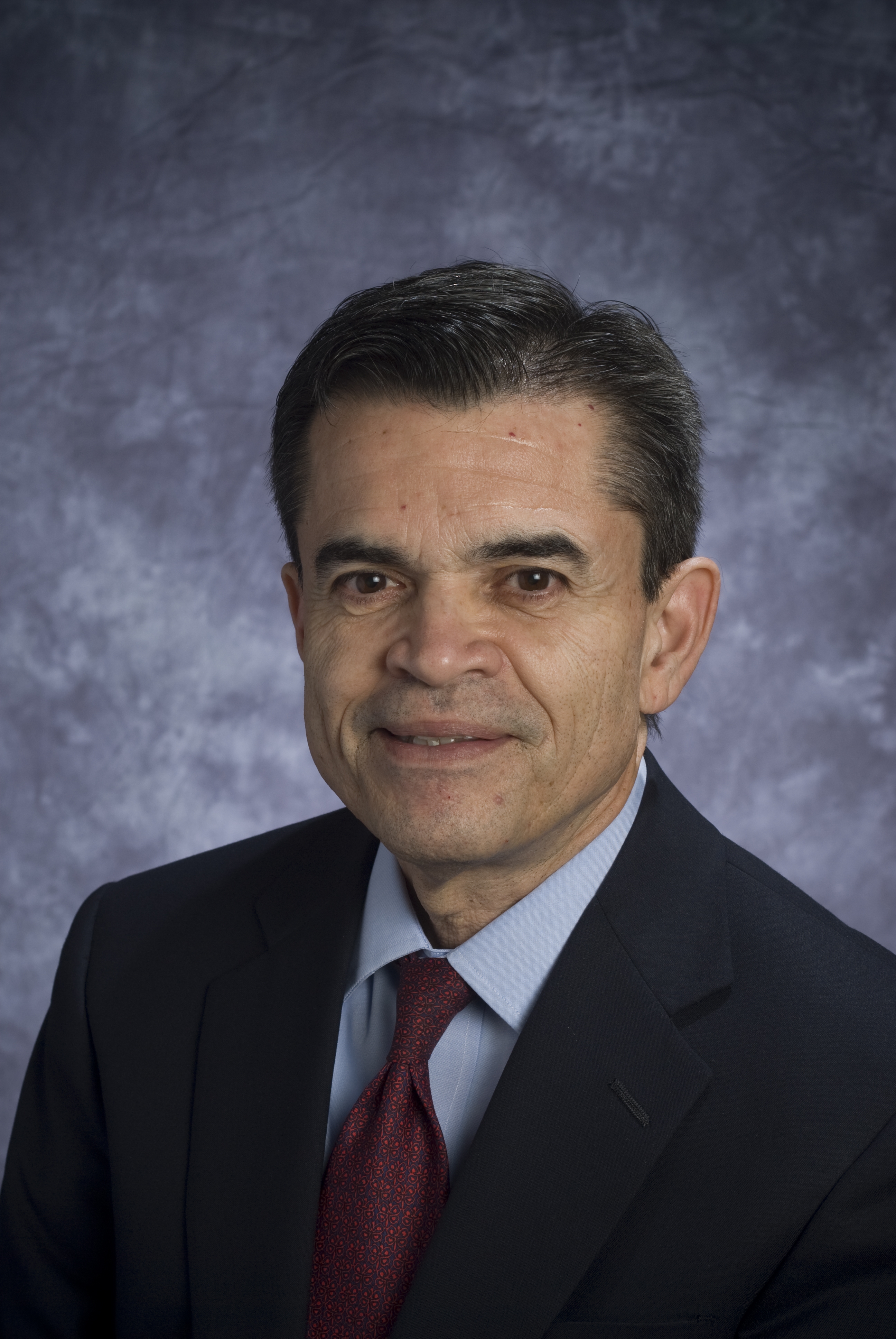In court documents, he’s referred to only as “FLB.” Son of what his advocates say was an abusive father, he dropped out of school to work and support his family. In 2013 he left his home in Guatemala to look for employment elsewhere. Eventually, FLB attempted to cross into the United States, where he was found near the border, detained, and eventually released into the custody of a family friend near Seattle. He was 14 at the time.
One year later, FLB is still not old enough to obtain a driver’s license. And yet, over the next few months, he’ll try to navigate the byzantine system of immigration law—and, if not for the help of immigration advocates, he would have to do so—without the advantage of legal representation. His situation is not unique. Earlier this month, former Seattle Police Department chief Gil Kerlikowske—currently an advisor to President Barack Obama—testified to Congress that some 57,000 unaccompanied child immigrants have been apprehended and detained by U.S. officials since October 2013.
President Obama has called the surge of minors crossing our borders—many of them, like FLB, from Central American countries—a “humanitarian crisis.” As it stands, the federal government does not have an apparatus for providing lawyers to represent those children, humanitarian crisis or no. And the law does not require it to.
Immigrant advocates are trying to change that. Last week, a coalition of groups, including the Washington state–based Northwest Immigrant Rights Project, filed a federal lawsuit on behalf of FLB and seven other minor children facing deportation, challenging that not providing the children legal representation violates the U.S. Constitution.
Four of those plaintiffs, including FLB, are currently living in Seattle after being released to guardians or family members. Bob Ekblad, the director of Tierra Nueva, an immigrant advocacy group operating out of Burlington, Wash., is standing in as guardian for a handful of the plaintiffs.
The other three are from El Salvador. Their father was killed after he renounced his gang ties and established a rehabilitation center for youth who wanted to do the same, says Ekblad. Their mother, having been “greenlit” for assassination, fled to the U.S. Last year, the children, ages 10 to 15, attempted to cross the Mexico border to the United States to join her.
Ekblad says that the children are some of the lucky few who have pro bono representation. But still the chances that they will be granted asylum are slim.
”If we’re going to bring people into a court and they’re going to stand in front of a judge—especially if they’re under 18—it’s a moral obligation that we give them the legal representation necessary to help make a defense,” Ekblad says.
“The bottom line is that each of these kids qualifies for relief under the law,” says Matt Adams, the Northwest Immigrant Rights Project’s legal director. ”In court they’re opposed by a trained attorney for the federal government. All they’ve maybe had is a general orientation about their rights. And then they have to represent themselves and submit a plea for relief against a trained lawyer.”
Under current law, the parent or guardian of a child may represent them during deportation proceedings. But many—including kids even younger than FLB—are forced to either search for a pro bono lawyer or represent themselves, says Adams.
Pro bono attorneys are difficult to come by for many immigrants, says Casey Trupin, a child advocate helping with the lawsuit. “The problem is that the organizations that do that kind of work are stretched thin,” Trupin says. “It doesn’t pay. There’s no money, and you also have to have expertise in what is a very complicated area of law to do it successfully. And as wonderful as those pro bono services are, there’s not enough to go around.”
The immense surge of children making the dangerous trip to the U.S. from Central American countries has become a political football.
Back in 2008, Congress passed an anti–human trafficking law that gave new protections to children not from Canada or Mexico. It stipulated that asylum requests from those fleeing political or domestic violence in areas like Central America be adjudicated once they are detained for being in the country illegally.
Six years later, the immense surge of children making the dangerous trip to the U.S. from countries like Honduras, Guatemala, and El Salvador has become a political football—so much so that President Obama last week requested $3.7 billion dollars in emergency funds to address the influx of minor immigrants.
A spokesperson for the Executive Office for Immigration, the department that oversees the system of courts that administer deportation proceedings, says that at least part of the money will be used to beef up a program that provides detainees with a basic understanding of their options under immigration law, and to help identify potential professional legal counsel.
The office, which oversees two Washington state immigration courts in Seattle and Tacoma, already subcontracts with various nonprofit legal-advocacy groups to provide that service to just-detained immigrants. A spokesperson for the office could not say how many such organizations are currently contracted to provide recent detainees with legal orientation, or what new legal resources immigrant detainees could receive if Obama’s request is approved.
The rest of the funds will be used to hire additional immigration judges to help speed the adjudication process and new detention centers to house unaccompanied minor immigrants, but not for lawyers to actually represent the minor children like the ones listed in the lawsuit.
This is not an adequate solution, says Adams. “One of our big concerns is that the government is talking about expediting these hearings,” he says. “If that happens, there’s a real concern that you’re going to have kids who are in an even worse position not having legal representation in a sped-up proceeding.”
vcoleman@seattleweekly.com
CORRECTION An earlier version of this story misidentified the Northwest Immigrant Rights Project’s legal director. The story has been corrected.








